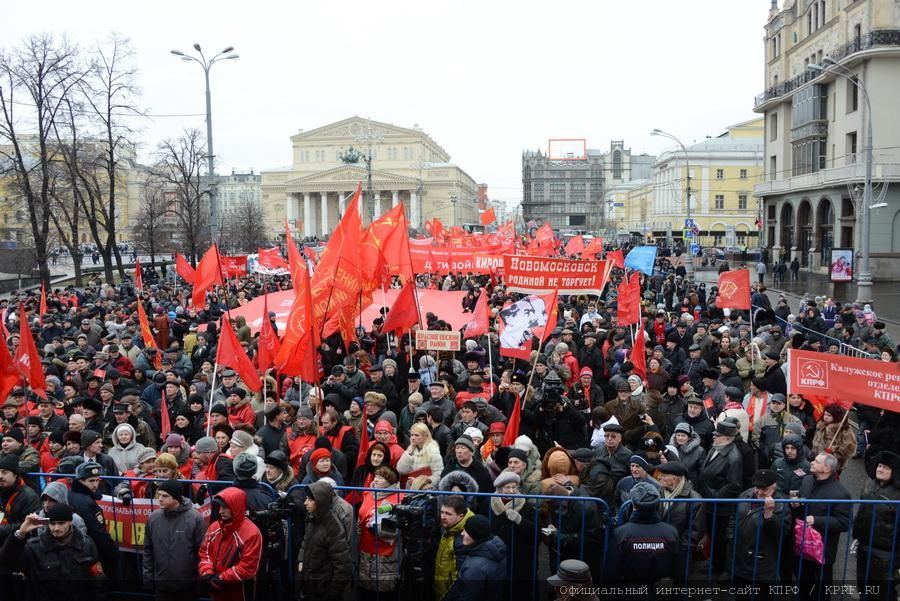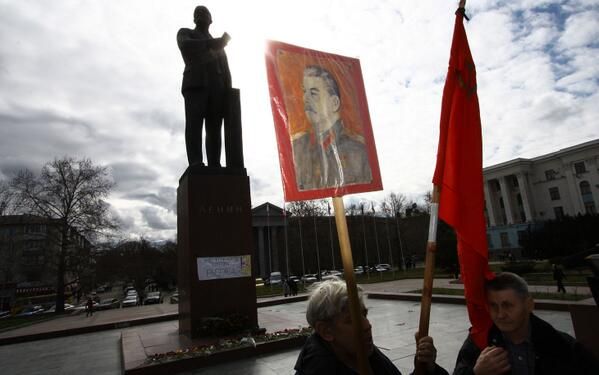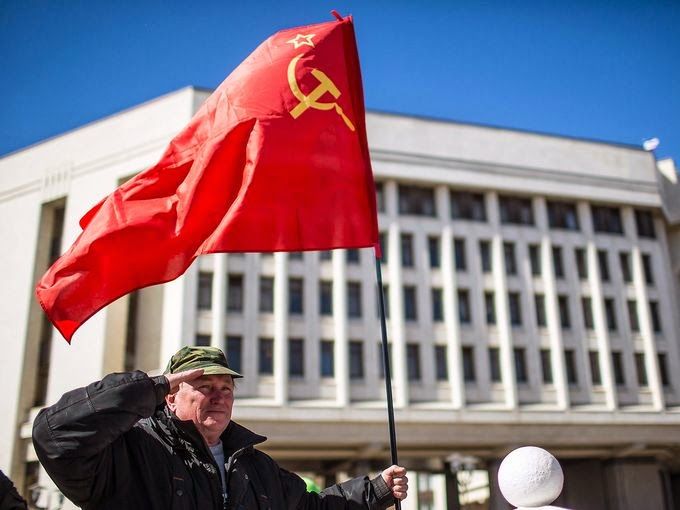Um... no.

Um... no.

Um... yes.
http://forward.com/articles/195785/the-ukrainian-revolution-s-unlikely-street-fight/
http://www.tabletmag.com/jewish-news-and-politics/163972/jews-in-maidan
For a more balanced view than what you’re putting forward, look below:
As to Ukraine’s Jews, for once the battle is not about them
March 22, 2014 12:12 AM
By Konstanty Gebert
The Daily Star
“And from a Jewish perspective?” I asked Josef Zissels. The veteran Ukrainian dissident, Jewish activist and passionate advocate of Ukraine’s “Maidan” movement, had just finished briefing an audience in Warsaw about the movement’s spectacular victory and President Viktor Yanukovych’s fall from power.
“There is no Jewish perspective,” he answered. “There are Jews on both sides of the divide.”
That is certainly true. For example, Aleksander Feldman, the chairman of the Jewish Fund for Ukraine, is a prominent parliamentarian of Yanukovych’s Party of Regions – though he condemned the deposed president after his fall. And several Jewish oligarchs were close to Yanukovych until the very end of his time in office, just before he fled.
But the fact is that support by Jews for the Maidan movement was much more salient. Four of the 82 protesters killed in Kiev’s Independence Square were Jewish, and a Jewish sotnia, or “hundred” – a term that is, ironically, associated with Cossacks who committed pogroms – defended the square against Yanukovych’s uniformed goons.
And yet, alongside Jews at the Maidan were Ukrainian nationalists, with their long history of anti-Semitism. That history is important, not only because it justifies treating them with suspicion.
More important, it animates Russian President Vladimir Putin’s repeated denunciations of “neo-Nazis, Russophobes and anti-Semites” allegedly running rampant in the streets of Kiev, forcing a reluctant Russia to protect Jews, Russians and any decent Ukrainians who remain.
What are we to make of such claims? In recent weeks, violence targeting Jews has indeed occurred, including the stabbing of a rabbi in Kiev and the firebombing of a synagogue in Zaporizhia. But it is impossible to ascertain who were the perpetrators, and the Maidan nationalists – the Svoboda party, which has five members in the new government and idolizes wartime leader Stepan Bandera, and the even more extreme Right Sector – have taken pains to stress that anti-Semitism is not a part of their program today.
Such disavowals should not be discounted as mere window dressing. After all, one dresses windows with what one knows the customer wants to see. And the customer of the Maidan is the Ukrainian people, not The New York Times. If nationalists believe that they will not curry favor with Ukrainians by engaging in Jew-baiting, then that is a welcome development.
Still, though Ukraine’s chief rabbis and Jewish leaders have emphatically rejected Putin’s claims of anti-Semitic excesses, there is enough hatred and blood in Ukraine’s recent history to make one worry. Anti-Semitism was an integral part of European 20th-century nationalisms, and Bandera’s Organization of Ukrainian Nationalists was no exception to this. The OUN conducted terrorist attacks in prewar Poland, was persecuted by the Soviet Union after it occupied Eastern Poland in 1939, allied itself with the Nazis after they invaded the Soviet Union in 1941, and slaughtered thousands of Poles and Jews in a drive to “purify” Ukraine.
But Bandera’s men were nationalists with no allies. The OUN broke with the Nazis after they denied Ukraine independence, and finally ended up fighting the Soviet Union and both the army of communist Poland and the anticommunist Polish underground after the Germans were routed. In western Ukraine, they remain the incarnation of a heroic myth. In eastern Ukraine, with its large Russian population, they are widely seen as traitors to the Soviet motherland.
So it is no surprise that Putin is trying to place the Maidan movement beyond the pale by emphasizing the OUN’s past, if bloody, alliance with the Nazis. But the “Great Russia” nationalism that he has stirred up to mobilize popular support for his Ukraine policy is hardly more appealing.
It is true that 70 years ago Russian nationalism served Joseph Stalin’s totalitarianism in the righteous cause of defeating Adolph Hitler’s totalitarianism. It is also true that Russia today is as free of overt manifestations of anti-Semitism as Ukraine is, largely because Putin’s hostility to Jew-baiting is a fact that is well known and duly noted.
But Putin’s implied argument that in Ukraine he is refighting World War II, with Russia once again rescuing Jews and the world from nationalist pogromists and their European (read: German, therefore Nazi) sponsors is simply not credible.
On the contrary, his justification for seizing and occupying Crimea – the need to defend ethnic Russians from a nonexistent threat – was precisely Hitler’s justification for annexing the Sudetenland.
Observers would do well, therefore, not to dredge up the past while ignoring the present. The Maidan movement, for all of the nasty antecedents of some of its participants, began as a true popular uprising against a corrupt and despotic regime supported by an expansionist Russia. Illiberal nationalism is one of the movement’s driving elements, owing to its widely shared and understandable anti- Russia appeal. And, though that nationalism may yet be directed against Ukraine’s Russians, Poles and Jews, as it was in the past, the rest of the movement would resist such a turn (which may well explain why it has not happened).
Putin’s claim that fascists have taken control in Kiev is fundamentally bogus, while Russia’s despicable actions in Crimea and eastern Ukraine are all too real. Russia does retain some support among Russophone Ukrainians of all ethnicities, including some Jews. But Zissels is right: The battle is not about them; it is about the survival of a fledgling democratic nation-state.
Konstanty Gebert is a writer and Jewish activist. THE DAILY STAR publishes this commentary in collaboration with Project Syndicate © (www.project-syndicate.org).
Read more: http://www.dailystar.com.lb/Opinion/Commentary/2014/Mar-22/251016-as-to-ukraines-jews-for-once-the-battle-is-not-about-them.ashx#ixzz2z9Kwo56r
(The Daily Star :: Lebanon News :: http://www.dailystar.com.lb)


